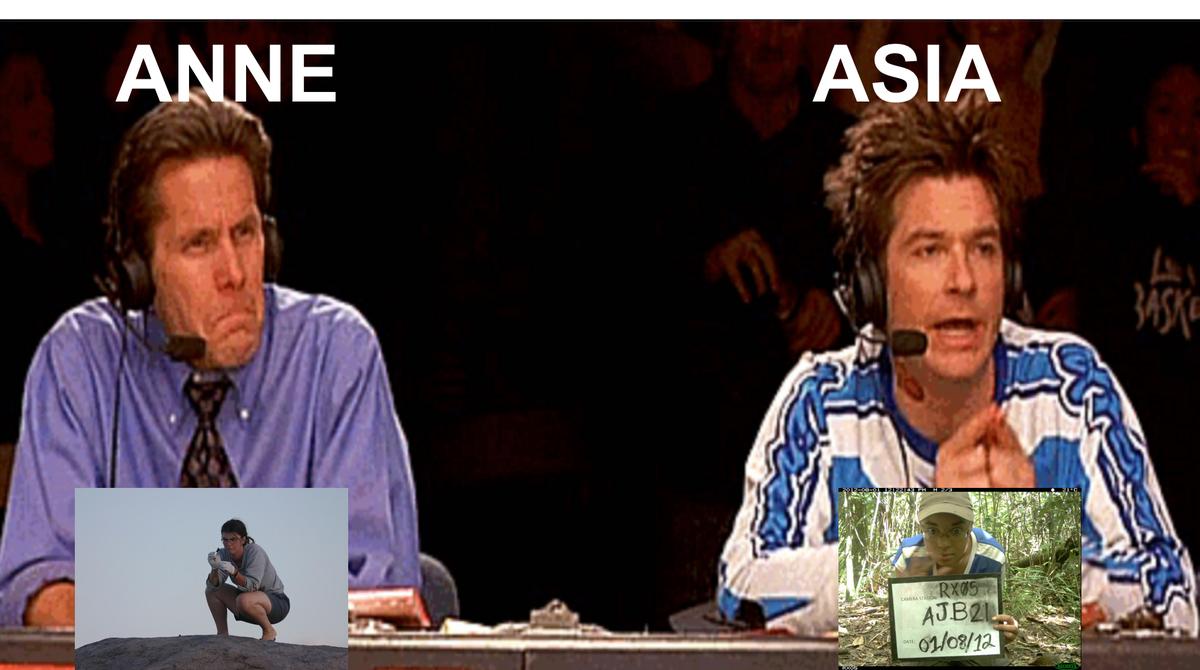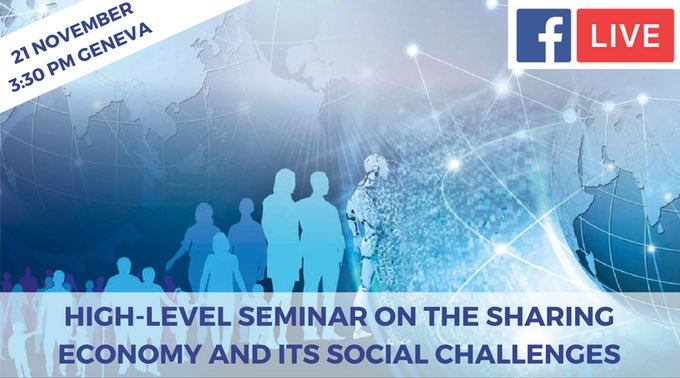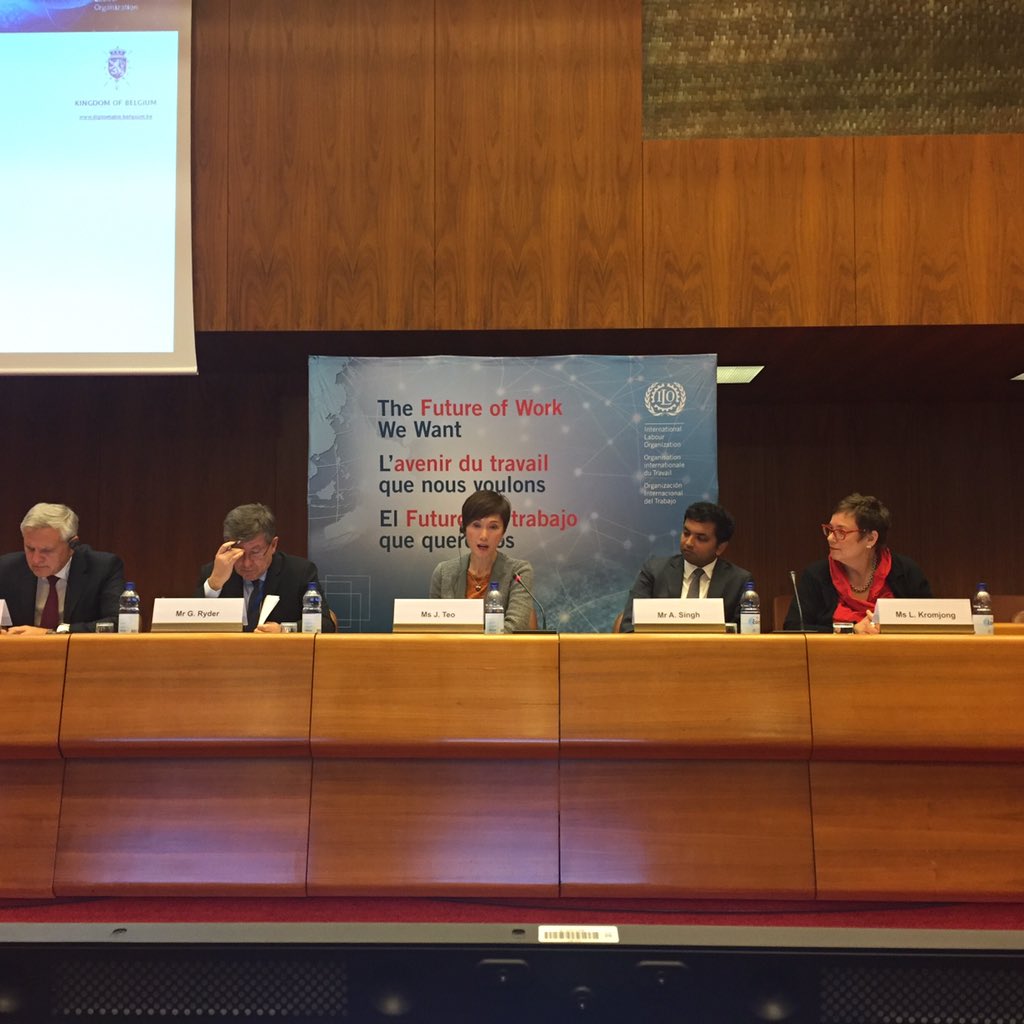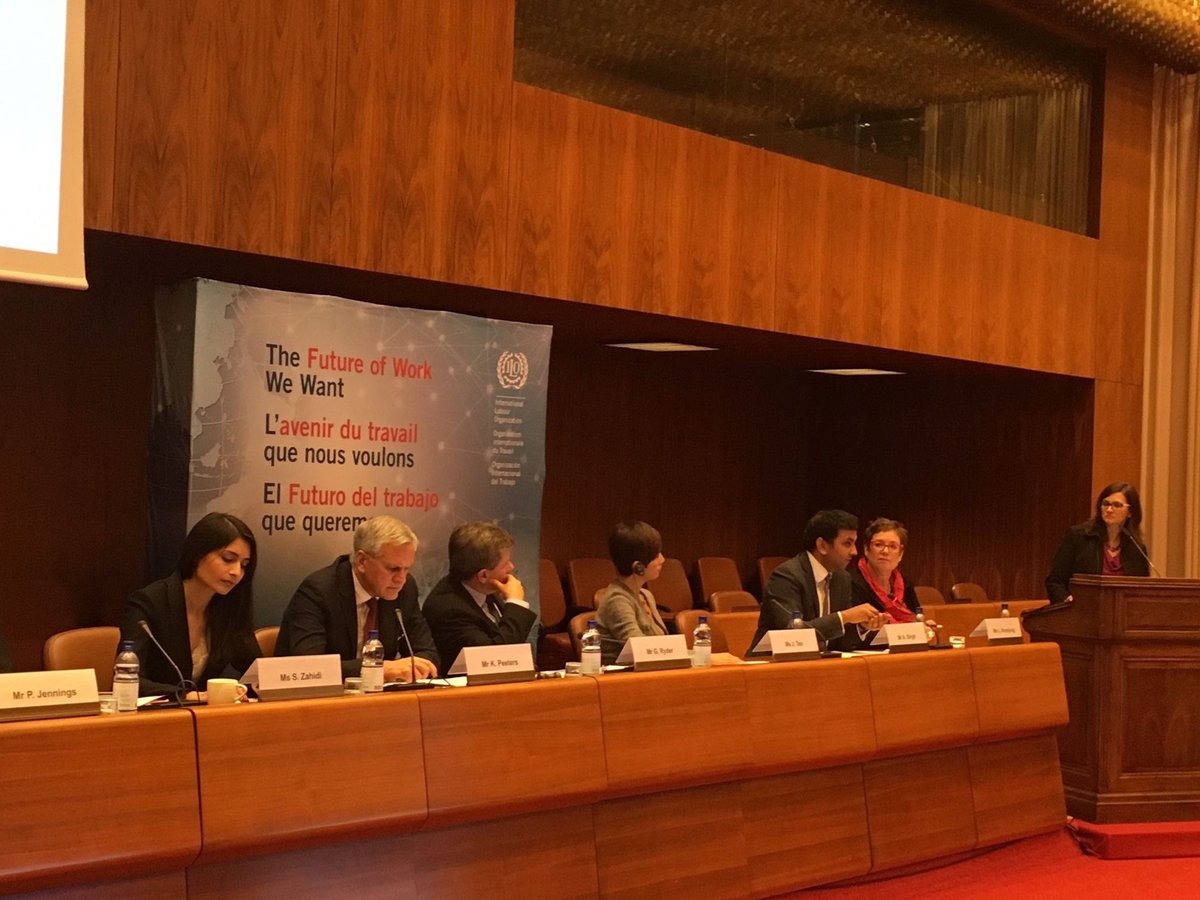Dimming your Light for Others to Shine: Sharing Power in Social Design Research
#dr2020
For marginalised and underrepresented communities it's important they are able to tell their own narratives.
If we don't name power we add to people's shame and inability to control their own lives
Communities are asking for:
More self determination
More decolonising
More transformative justice
And we can act as agents reinforcing all of those if we aren't careful.
Learn from each other and develop unique responses based on that learning as an alternative to the current system.
What they heard back was that there were a set of social and cultural norms compelling young people to drive without a license
The video was sent to the minister who made changes based on hearing the experiences.
If your insight gathers aren't diverse it's unlikely their networks will be.
Our research CAN be an intervention if designed.
They have to share before they can go out into community and hear others.
You can lose momentum and stories of left out too long.
To communities that have been spoken about.
Let's move from Can We to Should We
Are you the best person to have these conversations? If not, who is!
A: I've always been completely floored by how much people want ownership in community. When we ask and offer support over never had someone say 'no thanks' it's about us taking on a different role
A: People who are held in high regard in a community, social media, I don't work with peak organisation they tend to talk on behalf of people without a strong relationship.


































